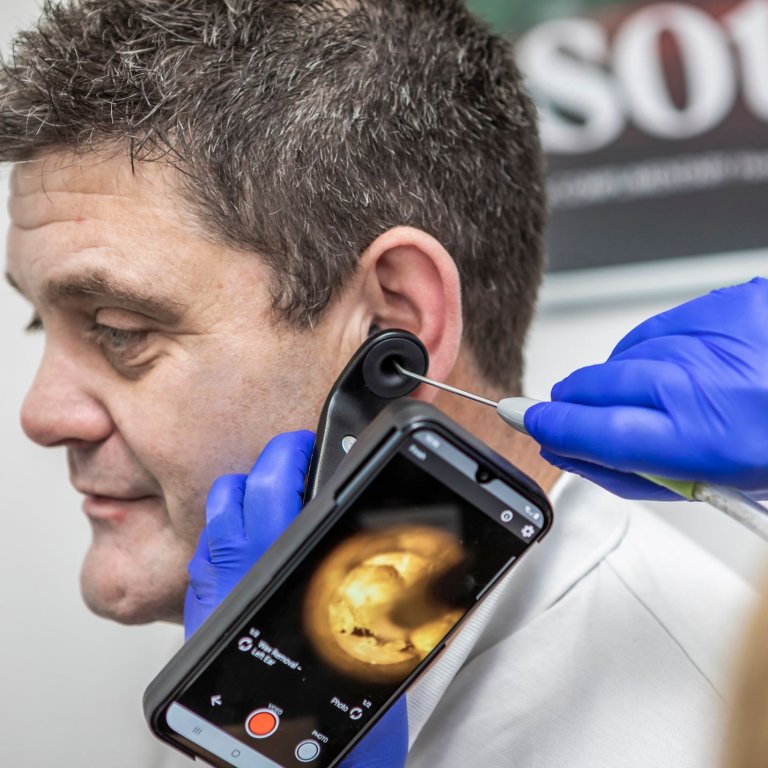There are a few common types of hearing loss. Sometimes they’re due to damage to the hair cells in the ear or the auditory nerve (sensorineural hearing loss), and sometimes when sounds are unable to pass from your outer ear to your inner ear, this is caused by a conductive loss. This type of hearing loss is called conductive hearing loss. It’s important to be familiar with all types of hearing loss so you’re best prepared to recognise the symptoms.
Read to learn about conductive hearing loss, the common symptoms, and what to do if it happens to you or your loved ones.



